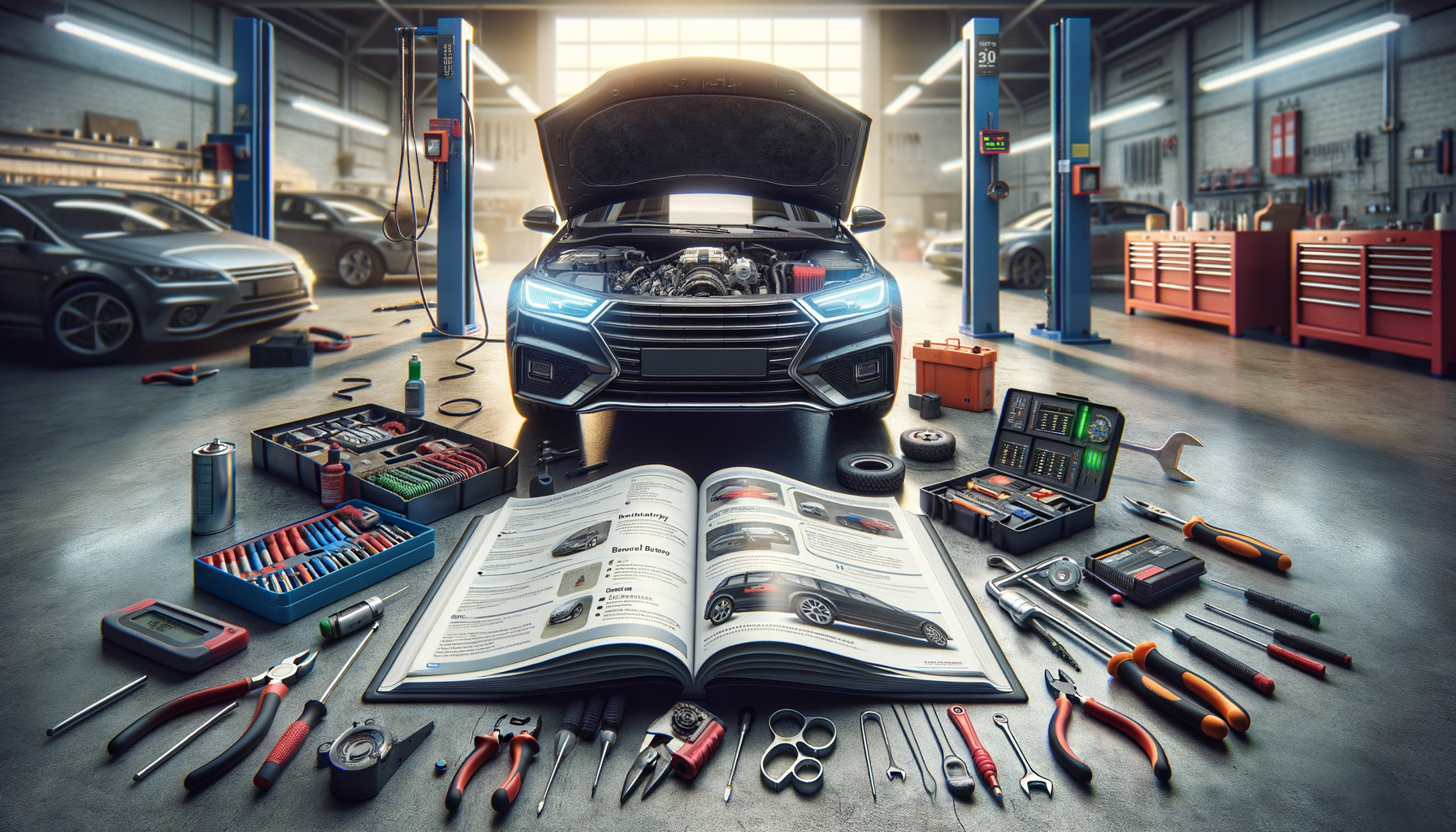
Car Won’t Start? Check These 3 Things Before Calling a Mechanic.
Introduction to Car Repair
In today’s fast-paced world, understanding the basics of car repair is not just a skill but a necessity. Whether you are a daily commuter or an occasional driver, knowing how to diagnose and fix common car issues can save you both time and money. Car troubles can be stressful, but with the right knowledge, many issues can be addressed without the immediate need for a mechanic. This article will guide you through some fundamental aspects of car repair, helping you become more self-reliant when your vehicle decides to act up.
Battery Troubles: A Common Culprit
One of the most frequent causes of a car not starting is a dead or faulty battery. Batteries can lose their charge for various reasons, such as leaving the lights on or cold weather conditions. Before calling a mechanic, check the battery connections for any corrosion or loose cables. If you have a multimeter, you can test the battery voltage; a healthy battery should read around 12.6 volts when fully charged. If the battery is the issue, jump-starting the car might be a temporary solution, but it’s essential to have the battery tested and replaced if necessary.
Another aspect to consider is the alternator, which charges the battery while the engine runs. If the alternator is faulty, it may not charge the battery properly, leading to frequent battery issues. Signs of a failing alternator include dimming headlights and strange noises from the engine bay. Addressing battery and alternator issues early can prevent more significant problems down the road.
Fuel System Checks
If your car cranks but doesn’t start, the fuel system might be the issue. Start by checking the fuel level; it might sound obvious, but sometimes the simplest solutions are overlooked. If the tank isn’t empty, the problem could be with the fuel pump or filter. A clogged fuel filter restricts fuel flow to the engine, causing starting issues. Replacing the fuel filter is a relatively straightforward task that can be done with basic tools.
The fuel pump, on the other hand, requires more attention. Listen for a humming sound from the fuel tank area when you turn the key to the „on“ position. If you don’t hear anything, the fuel pump may be malfunctioning. In this case, professional assistance is recommended, as replacing a fuel pump involves working with fuel lines and can be hazardous.
Ignition System Evaluation
The ignition system is crucial for starting your car. If your vehicle isn’t starting, consider checking the spark plugs and ignition coils. Spark plugs ignite the air-fuel mixture in the engine, and worn-out plugs can lead to misfires or a no-start condition. Inspect the spark plugs for wear and replace them if necessary. Ignition coils, which supply power to the spark plugs, can also fail. A faulty ignition coil might cause the engine to run rough or not start at all.
Modern vehicles come with onboard diagnostics (OBD) systems that can help identify ignition-related issues. Using an OBD scanner, you can read error codes that might point to specific problems in the ignition system. This can save you time and help you decide whether a DIY fix is feasible or if professional help is needed.
Conclusion: Empowering Yourself with Car Knowledge
Understanding the basics of car repair can empower you to tackle minor issues and make informed decisions when it comes to more complex repairs. By learning how to diagnose problems with your battery, fuel system, and ignition, you can avoid unnecessary trips to the mechanic and gain confidence in handling your vehicle. While not every problem can be fixed at home, knowing when to seek professional help is just as important. With this knowledge, you can ensure your car remains a reliable companion on the road.